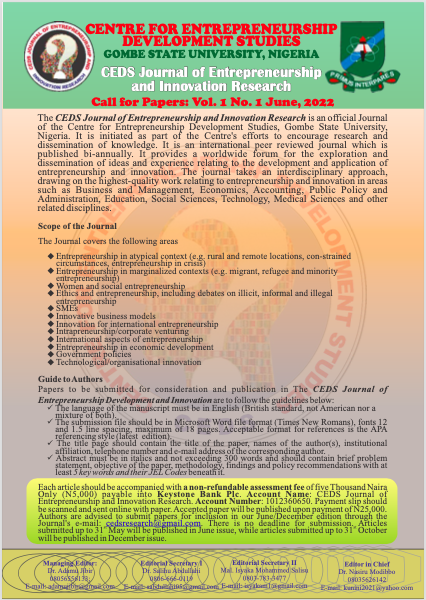CALL FOR PAPERS Vol. 3 No. 2 December, 2024

Date of Publication: 2025-12-31
Date of Publication: 2025-12-31
Date of Publication: 2025-12-31
Date of Publication: 2025-12-31
Date of Publication: 2025-12-31
Date of Publication: 2025-12-31
Date of Publication: 2025-12-31
Date of Publication: 2025-12-31
Date of Publication: 2025-12-31
Date of Publication: 2025-12-31
Date of Publication: 2025-12-31
Date of Publication: 2025-12-31
Date of Publication: 2025-12-31
Date of Publication: 2025-12-31
Date of Publication: 2025-12-31
Date of Publication: 2025-12-31
Date of Publication: 2025-12-31
Date of Publication: 2025-06-30
Date of Publication: 2025-06-30
Date of Publication: 2025-06-30
Date of Publication: 2025-06-30
Date of Publication: 2025-06-30
Date of Publication: 2025-06-30
Date of Publication: 2025-06-30
